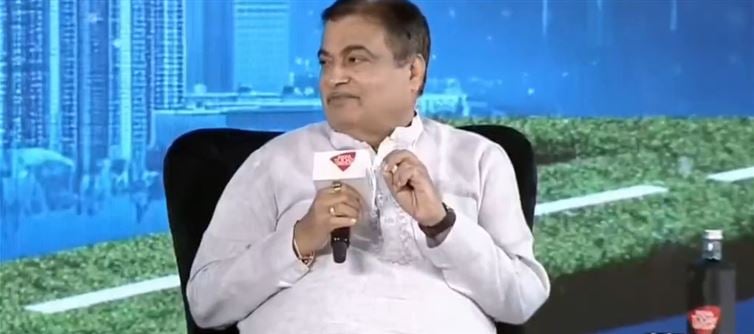
Many vehicle owners are increasingly frustrated over the rapid drop in mileage after the forced switch to E20 fuel. Cars that previously delivered 17–18 km per litre are now giving only 13–14 km per litre, forcing motorists to spend nearly 30% more to cover the same distance. This directly increases the fuel burnt per journey, raising an obvious environmental question — if more petrol is being consumed for the same travel, how can the government claim pollution is being reduced? Such concerns are further amplified by the fact that consumers are paying higher costs for one of the most heavily taxed commodities in the country, with no relief in sight.
The government often justifies the move by citing savings on oil imports and benefits to farmers producing ethanol feedstock. However, citizens argue that these savings are not being passed on to the public. Instead, the burden is shifted onto ordinary people who are already grappling with rising living costs. While farmers’ incomes are important, prioritising one section of the population at the expense of the majority raises fairness concerns. This situation becomes even more controversial amid allegations that the policymaker’s own family members have business interests in ethanol production — a potential conflict of interest that undermines public trust.
In actual democracies and in countries often cited as role models — like brazil and various european nations — motorists are given fuel choices. E5, E10, and E20 variants are all available at petrol stations, allowing consumers to select the blend that suits their vehicle and budget. indian motorists are instead being forced into a one-size-fits-all policy that hurts mileage, increases expenses, and sparks suspicion of vested interests. Citizens are demanding either a rollback to E10 or the introduction of multiple options at pumps, ensuring that the shift to greener fuels does not come at the cost of transparency, trust, and the economic well-being of the public.




 click and follow Indiaherald WhatsApp channel
click and follow Indiaherald WhatsApp channel